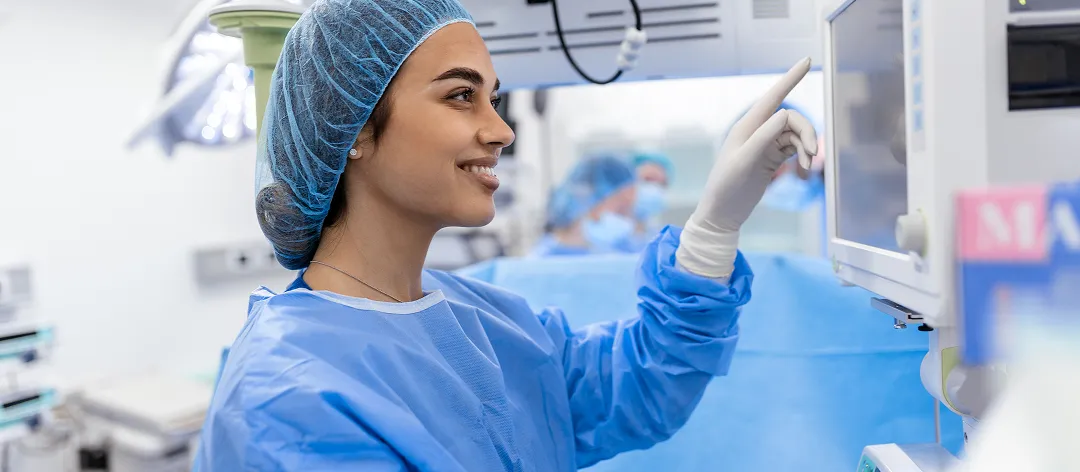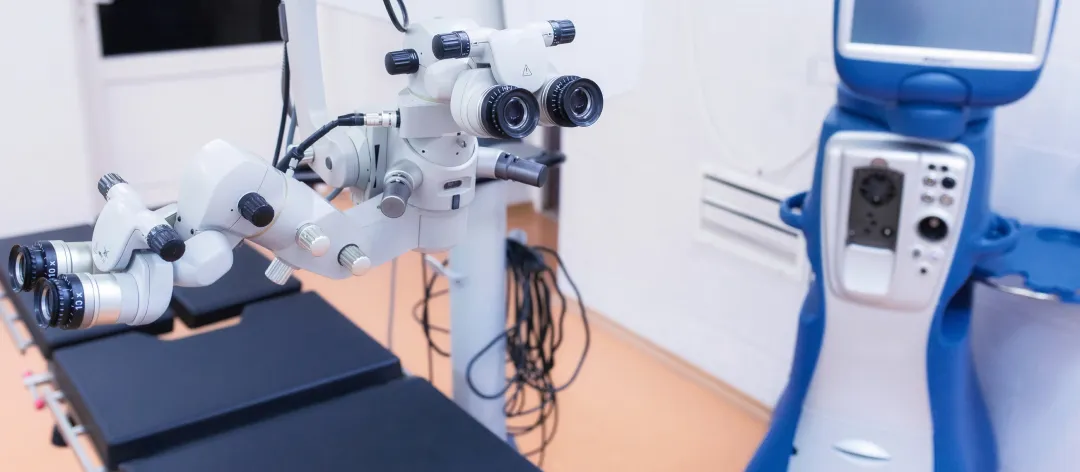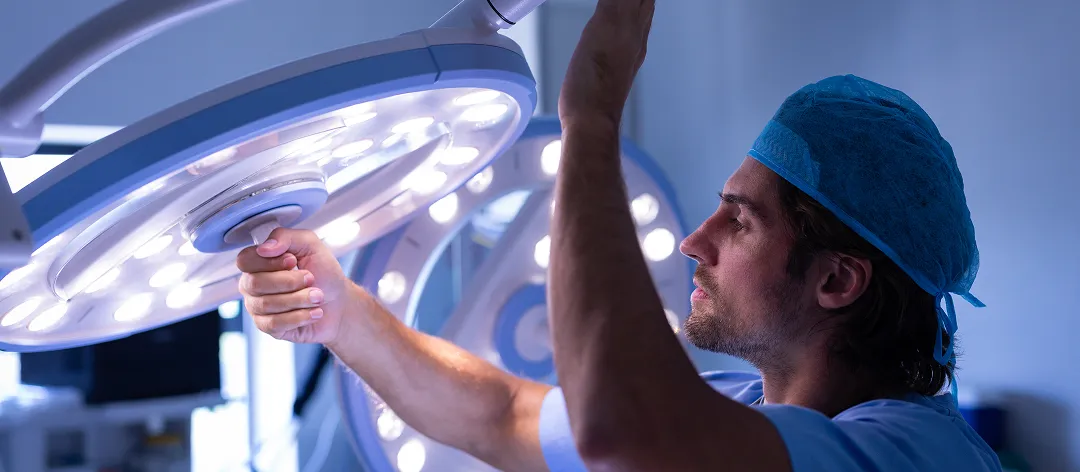India has become a global leader in robotic-assisted urology.
With thousands of successful robotic procedures performed annually, the country is one of the best destinations for international patients seeking treatments for prostate, kidney, and bladder cancers.
Robotic-assisted urological surgery utilises systems like the da Vinci surgical system, enabling surgeons to perform complex procedures through small incisions with enhanced control.
This approach is particularly beneficial for delicate operations, such as prostatectomies and nephrectomies, where precision is paramount.
In this guide, we will discuss the different robotic urological surgeries in India, some of the best hospitals for these procedures and the cost of each:
1. Robotic Prostatectomy in India for Prostate Cancer Treatment
2. Robotic Partial Nephrectomy (RPN) in India for Kidney Cancer Treatment
3. Robotic Cystectomy in India For Bladder Cancer Treatment with Urinary Diversion
Robotic-Assisted Urological Surgery Vs Traditional Open Urology Surgery
| Aspect | Traditional Open Surgery | Robotic-Assisted Surgery |
|---|---|---|
| Incision Size | Large (10–12 cm) | Small (1–2 cm) |
| Visualisation | 2D view | 3D high-definition view |
| Precision | Limited | Enhanced |
| Recovery Time | 6–8 weeks | 2–3 weeks |
| Hospital Stay | 3–5 days | 1–2 days |
| Blood Loss | Higher | Lower |
| Pain and Scarring | More | Less |
Top 10 Hospitals in India for Robotic-Assisted Urologic Surgeries
- Apollo Hospital
- Fortis Hospital
- Max Healthcare
- Kokilaben Dhirubhai Ambani Hospital
- Medanta Hospital
- Manipal Hospital
- Artemis Hospital
- HCG Hospitals
- MIOT International Hospital
- Wockhardt Hospitals
These institutions offer comprehensive care for robotic surgeries, from preoperative evaluation to postoperative recovery, ensuring a seamless experience for international patients.
1. Robotic Radical Prostatectomy in India for Prostate Cancer Treatment

What is Robotic Radical Prostatectomy?
Robotic Radical Prostatectomy is a minimally invasive surgical procedure aimed at removing the entire prostate gland and seminal vesicles, often recommended for patients with localised prostate cancer.
Utilising the da Vinci® Surgical System, surgeons operate through small incisions, offering enhanced precision and control.
This approach results in reduced blood loss, shorter hospital stays, and quicker recovery times compared to traditional open surgery.
Read: Top 5 Prostate Cancer Hospitals in India for International Patients
How is Robotic Prostatectomy Performed?
Robotic prostate surgery is done using keyhole incisions—usually 5 or 6 tiny openings in the abdomen.
The procedure involves the following steps:
- Incisions and Access: Small keyhole incisions are made in the abdomen—usually 5 or 6 tiny openings—to insert robotic instruments.
- Visualisation: A high-definition 3D camera provides a magnified view of the surgical area.
- Surgical Precision: The surgeon controls the robotic arms from a console, translating hand movements into precise actions.
- Nerve Preservation: Enhanced dexterity allows for careful dissection around nerves responsible for urinary and sexual function.
This level of control means that surgeons can carefully preserve the nerves responsible for bladder control and sexual function, minimise blood loss, and reduce trauma to surrounding tissues.
Have questions about Robotic Prostatectomy in India? Chat with our experts now on WhatsApp!
Top Hospitals for Robotic Prostatectomy in India with Cost
- Apollo Hospitals, Chennai & Delhi: Renowned for performing over 800 robotic-assisted prostatectomies annually, led by experienced surgeons like Dr Ashok Khemka and Dr T. Badrinath.
- HCG Cancer Centre, Bangalore: Specialises in high-precision surgeries with a reported 93% urinary continence preservation rate.
- Max Super Speciality Hospital, Delhi: Offers a multidisciplinary approach with early return of urinary continence in up to 85% of patients within 3 months.
- Medanta – The Medicity, Gurgaon: Led by Dr Rajiv Yadav, with over 4,000 minimally invasive prostate surgeries performed. Boasts a 5-year cancer-free survival rate of 88% in early-stage cases.
- Fortis Hospital, Gurgaon: Utilises 3D tumour mapping for personalised treatment planning, achieving a 96% success rate for negative margins.
Offers postoperative care, including teleconsultations and physiotherapy.
Cost of Robotic Prostatectomy in India
The cost of robotic radical prostatectomy in India ranges from $6,500 to $12,500, depending on the hospital, surgeon's expertise, and specific patient needs.
India is the preferred location for prostate cancer treatment due to its excellent success rates, which are generally accompanied with preoperative examinations, surgery, hospitalisation, medication, and postoperative care.
Advantages of Robotic Radical Prostatectomy Over Traditional Methods
| Aspect | Traditional Open Surgery | Robotic-Assisted Surgery |
|---|---|---|
| Incision Size | 10–12 cm abdominal cut | 5–6 keyhole incisions |
| Visualisation | Standard 2D view | 10x magnified 3D HD view |
| Instrument Control | Hand-held tools | Robotic arms with full wrist motion |
| Precision | Limited by hand motion | Greater precision, nerve-sparing |
| Recovery Time | 6–8 weeks | 2–3 weeks |
| Pain & Bleeding | Higher | Significantly lower |
| Hospital Stay | 3–5 days | 1–2 days |
2. Robotic Partial Nephrectomy (RPN) in India for Kidney Cancer Treatment
Robotic Partial Nephrectomy (RPN) is a minimally invasive surgical procedure designed to remove kidney tumours while preserving as much healthy kidney tissue as possible.
This approach is particularly beneficial for patients with small renal masses, typically less than 4 cm in size.
Utilising robotic systems like the da Vinci surgical system, surgeons can operate with enhanced precision, leading to improved outcomes and faster recovery times.

Read: Top 5 Prostate Cancer Hospitals in India for International Patients
How is Robotic Partial Nephrectomy Works Performed?
RPN involves several key steps:
- Anaesthesia and Positioning: The patient is placed under general anaesthesia and positioned to provide optimal access to the kidney.
- CO₂ Insufflation: Small incisions are made in the abdomen, through which carbon dioxide (CO₂) gas is introduced to inflate the abdominal cavity, creating a working space for the surgical instruments and enhancing visibility.
- Robotic System Setup: The da Vinci surgical system is docked, and robotic arms equipped with surgical instruments and a high-definition 3D camera are inserted through the incisions.
The surgeon controls these instruments from a console, translating hand movements into precise actions inside the patient's body. - Arterial Clamping: To minimise blood loss during tumour removal, the renal artery is temporarily clamped. This step is crucial for maintaining a clear surgical field and reducing intraoperative bleeding.
- Tumor Excision: The tumor is carefully excised, ensuring clear margins while preserving as much healthy kidney tissue as possible.
- Reconstruction: The remaining kidney tissue is sutured to restore its integrity. Hemostasis is achieved, and any bleeding vessels are sealed.
- Completion: The CO₂ gas is released, instruments are removed, and incisions are closed. A drain may be placed to monitor for any postoperative bleeding or urine leakage.
Have questions about Robotic Nephrectomy in India? Chat with our experts now on WhatsApp!
Benefits of Robotic Assistance in Nephrectomy
- Smaller incisions
- Less blood loss
- Shorter hospital stays
- Enhanced preservation of kidney function
Overall, the robotic system enhances the surgeon's capabilities, leading to improved surgical outcomes and patient satisfaction.
5 Best Hospitals in India for Robotic Partial Nephrectomy
Here are five leading hospitals in India known for their excellence in RPN:
- Artemis Hospital, Gurgaon: Pioneer in advanced urological surgeries, particularly Robotic Partial Nephrectomy.
Led by Dr Rajiv Yadav, Chairperson of Urology & Head of Urologic Oncology & Robotic Surgery, the hospital has achieved remarkable success in kidney-sparing surgeries. - Kokilaben Dhirubhai Ambani Hospital, Mumbai:
Stands out for its state-of-the-art robotic surgery program.Kokilaben's adoption of the da Vinci surgical system has enhanced precision in tumuor excision, leading to reduced blood loss and faster recovery times. - Fortis Hospital, Bangalore:
Utilising the da Vinci Surgical System, Fortis offers precise removal of kidney tumors while preserving healthy tissue.
Their approach ensures minimal invasiveness, leading to shorter hospital stays, quicker recovery, less pain and scars. - Max Hospital, New Delhi: A leader in robotic-assisted urological surgeries.
The hospital's focus on preserving renal function while effectively removing tumors has made it a preferred choice for patients. - Apollo Hospitals, Chennai: Offers comprehensive care in Robotic-Assisted Urology.
Dr K. Ramesh, Senior Consultant Urologist and Robotic Surgeon, specialises in nephron-sparing surgeries.
The hospital's emphasis on minimally invasive techniques ensures reduced postoperative pain and faster recovery for patients.
Cost For Robotic Partial Nephrectomy in India
The cost of robotic partial nephrectomy in India ranges from USD 6,000- USD 11,000. This typically includes hospital stay, surgery, and post-operative care
3. Robotic Cystectomy in India For Bladder Cancer with Urinary Diversion

What Is Robotic Cystectomy?
Robotic cystectomy is a minimally invasive surgical procedure primarily used to treat muscle-invasive bladder cancer.
Utilising robotic systems, surgeons can perform this complex operation with enhanced precision, flexibility, and control, leading to improved patient outcomes.
How is Robotic Cystectomy with Urinary Diversion Performed?
The procedure involves the complete removal of the urinary bladder (radical cystectomy) followed by the creation of a new pathway for urine elimination (urinary diversion).
This is achieved through small incisions in the abdomen, allowing for reduced blood loss, shorter hospital stays, and quicker recovery times compared to traditional open surgery.
Advantages of Robotic Assistance in Cystectomy
Robotic-assisted surgery offers several benefits over traditional open surgery:
- Enhanced Precision: The robotic system provides superior dexterity and control, allowing for meticulous dissection and suturing.
- Improved Visualisation: High-definition 3D imaging of the surgical field, aiding in accurate removal of cancerous tissues.
- Reduced Blood Loss: The minimally invasive approach leads to less intraoperative bleeding.
- Faster Recovery: Patients often experience shorter hospital stays and quicker return to daily activities.
Have questions about Robotic Cystectomy in India? Chat with our experts now on WhatsApp!

5 Top Hospitals in India for Robotic Cystectomy with Urinary Diversion
India boasts several leading hospitals renowned for their expertise in robotic cystectomy:
- Apollo Hospitals, Navi Mumbai: Known for its robotic surgery program, Apollo offers care for bladder cancer patients, including intracorporeal urinary diversion techniques.
- Max Healthcare, Delhi: Max provides state-of-the-art robotic cystectomy procedures with options for both ileal conduit and neobladder diversions.
- Artemis Hospital, Gurgaon: Artemis is recognised for its multidisciplinary approach to urological cancers, offering personalised treatment plans for international patients.
- Medanta – The Medicity, Gurgaon: Medanta's urology department is equipped with the latest technology, including robotic-assisted surgery, enabling precise and minimally invasive procedures.
- Fortis Memorial Research Institute (FMRI), Gurgaon: FMRI has earned a reputation for successfully performing complex radical cystectomy surgeries with exceptional results.
Cost Considerations
The cost of robotic cystectomy with urinary diversion in India varies depending on the hospital, surgeon's experience, and the type of urinary diversion performed.
On average, the cost of robotic cystectomy in India ranges from $9,000 to $12,000, which typically includes hospital stay, surgery, and post-operative care.
Potential Side Effects and Complications
While robotic cystectomy is generally safe, potential complications include:
- Infection
- Bleeding
- Urinary Leakage
- Bowel Dysfunction.
- Sexual Dysfunction





